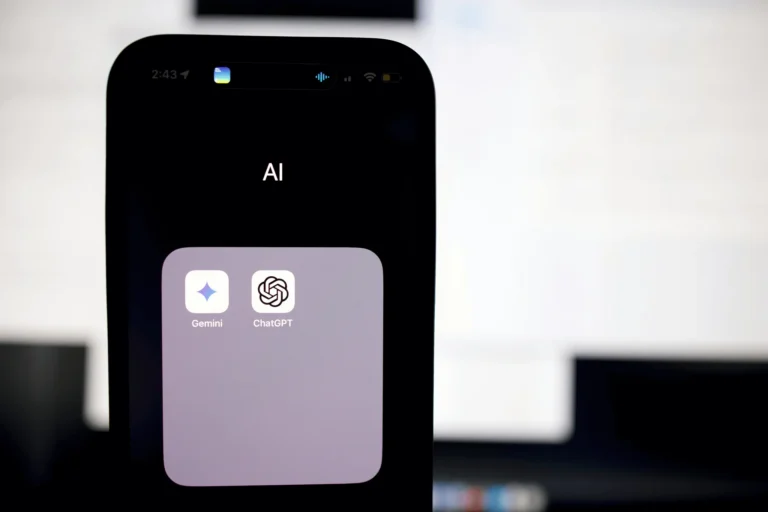An experiment took place some years ago at an all-girls school in New York City. It was an old Catholic school, with some crucifixes hanging from the walls, looking somber and stern. The girls were in their first two years of high school, teenagers wearing polo shirts and pleated skirts, and the young women would later receive a little gift for agreeing to enroll in the study.
The Science Of Learning For Students
To learn more about the experiment, I met up with Anastasia Kitsantas, who ran the study together with psychologist Barry Zimmerman. While the experiment took place some years ago, Kitsantas still has the darts stashed away in her office at George Mason University, and on a rainy afternoon, she pulled out the little yellow missiles from an office cabinet to show them to me, laying the darts out like an important relic from some forgotten South American tribe.
Kitsantas held onto the darts because of the study’s surprisingly large outcomes, and by the end of the experiment, the young women on Team Learning Method dramatically outperformed the others, with scores nearly twice as high as Team Conventional Wisdom. The women also enjoyed the experience much more. “Several of the students asked me to teach them more about darts after the experiment. They kept asking me for weeks,“ Kitsantas told me.
Indeed, the learning process turns out to be one of the most important predictors of learning.
The learning process turns out to be one of the most important predictors of learning.
Find Value
At the same time, look beyond facts and see how things hang together. Ask yourself questions that examine relationships within an area of expertise: What’s the system that within this area of mastery? What’s the nature of cause and effect? What are some analogies?
Keep in mind that we learn something so that we can learn the system of thought that makes up that field. So, if we study microeconomics, we’re learning how to think like microeconomic experts. If we learn biochemistry, we learn to how think biochemistry experts. As educational psychologist Linda Elder argues, “think of learning as figuring out parts of an organized and intelligible system.”
As educational psychologist Linda Elder argues, think of learning as figuring out parts of an organized and intelligible system.
Create Targets
In the early part of learning, focus is key. People need to figure out exactly what skills that they want to learn. Think of learning, then, as a type of knowledge management, and to succeed, we need goals, deadlines, and strategies. Indeed, hundreds of studies have shown is that people with clear goals outperform those with vague aspirations like “do a good job.”
Learning goals should not be vague aims like learn the waltz, though. Overly ambitious learning targets can backfire because they seemed too distant. Instead, people are more likely to succeed if they have easy-to-accomplish benchmarks. So instead of something like learn the waltz, people should develop smaller targets like attend waltzing lessons once a week, which are easier to accomplish.
But learning happens, when people are pushed just a bit past their comfort zone, when they struggle with ideas just beyond reach. So the more effective questions for the person learning about art history might be—who was Giacometti? Why was Louise Nevelson such an important artist? Why is Degas considered the first modernist painter?
Develop Knowledge And Skills
In this stage of learning, people need to hone their abilities and take steps to improve performance. In short, people need to practice, setting aside time to developing an area of mastery.
Some forms of practice make people more perfect than others, though, and the best practice is typically a matter of mental doing. So don’t use more passive forms of learning like using rereading. Instead, rely on more active learning strategies like self-quizzing or self-explaining.
In short, people need to practice, setting aside time to developing an area of mastery.
Extend Expertise
At this point in the learning process, we want to go beyond the basics—and apply what we know. We want to flesh out our skills and knowledge, and people can gain a lot by applying what they know. So if you’re learning Spanish, go to Spain. Want to get better at public speaking? Do more public speaking.
People can also learn a lot by explaining ideas to themselves, asking themselves: Does this make sense? How does this work? In much the same way, people gain a lot when they explain ideas to others. This helps explain why group work is often so effective: By providing instruction to their peers, individuals gain more. Admittedly, this approach to learning requires cognitive struggle, and we should be sure to support our emotional side. This means measuring progress and celebrating accomplishments, however small.
Relate Skills
One effective technique in this regard is hypotheticals, and if you’re learning biology, for consider what would happen if living things didn’t evolve over time. Same with reading literature. Want to better understand Romeo and Juliet? Then consider what would have happened if the young lovers had not died in the Shakespeare play. Would the Capulets and Montagues have continued their feud? These types of questions promote effective learning.
Concept maps are another powerful way to uncover connections in a body of expertise. When we graphically map relationships between knowledge and skills, we gain a lot more. Also be sure to mix it up. We get a better sense of relationships when our practice is varied. Want to learn to teach yourself code, for instance? Then mix a bit of Drupal editing with learning to cook or studying poetry.
Concept maps are another powerful way to uncover connections in a body of expertise. When we graphically map relationships between knowledge and skills, we gain a lot more.
Rethink Understanding
Banning the rod in school Does bilingual education work?
Why learning science fails to make its way into practice







